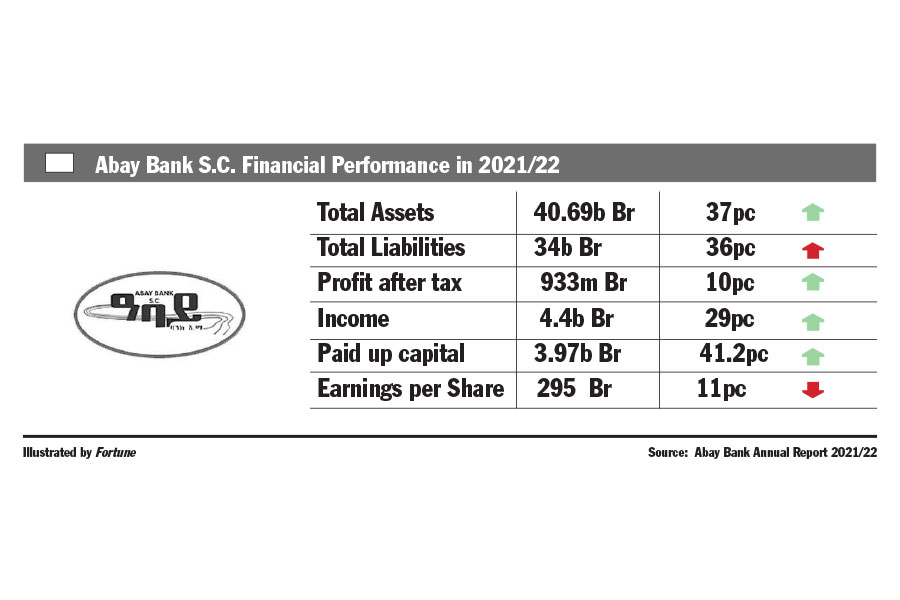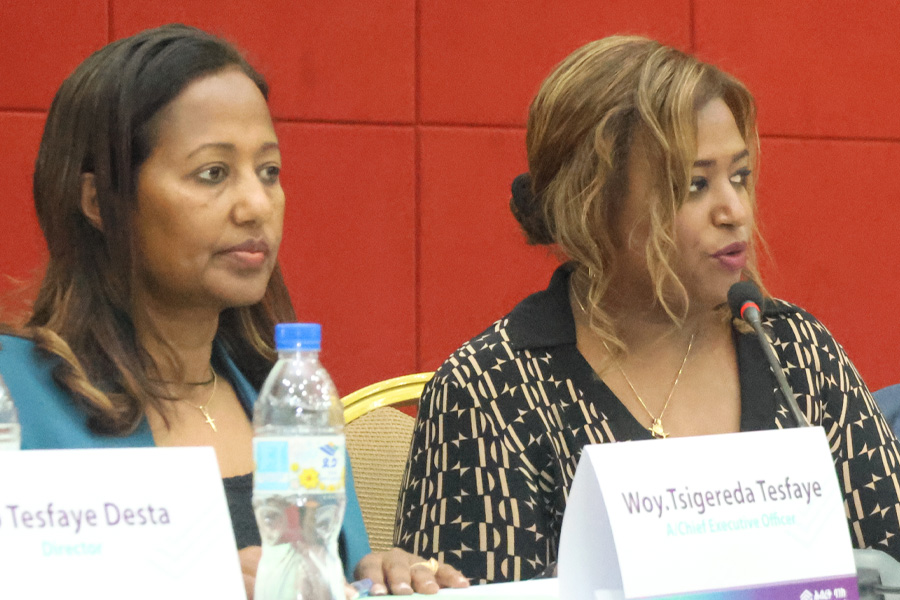
News of a draft proclamation shared during a casual coffee chat surprised our friend group. According to one of us, the proposed law seemed to impact everyone’s economic interests, sparking a heated discussion about its potential effects on society, including us.
Our friend shared unfiltered information, and without prior knowledge, we could not fact-check his claims. Later, I found a credible news report that revealed the legislation's scope was defined in monetary terms, excluding most people. This revelation clarified the confusion caused by our friend's incomplete information. Though I do not question his intentions, the unverified sharing left us confused until we were better informed.
Incomplete arguments and half-truths are misleading. Sometimes, we remain stuck with false information, as it spreads through media and word of mouth, affecting millions.
A vivid example is in Salman Rushdie's "Midnight’s Children," where Indian media misled the public with reports of heroic gains in the Indo-China war, only for the truth about devastating losses to emerge later. Rushdie's statement, “That day we learned the fear of God and China,” captures the disillusionment caused by misinformation.
Misinformation is the unintentional spread of false information, while disinformation is the deliberate distortion of facts. Both spread incorrect information, but disinformation includes an intent to mislead.
In the digital age, distinguishing truth from falsehood is more difficult. The sheer volume of information, influenced by the originator's motives, necessitates scrutiny. From personal experience, I limit my exposure to media streams and product advertisements, relying on trusted testimonials and neutral news sources for a balanced perspective. Social media, in particular, is the least reliable source of information on current affairs.
The stock market is notoriously susceptible to information distortion. Events unrelated to economic or operational issues, such as share holder's life events or political turmoil, can impact stock values due to speculative perceptions. For instance, Jeff Bezos’ divorce created uncertainty among Amazon shareholders due to speculation about his ex-wife’s newfound power.
As our coffee chat progressed, it became clear that our initial reaction was fueled by incomplete information. The experience underscored the importance of verifying information before drawing conclusions or spreading it further. In an era where misinformation is rampant, taking a step back to fact-check can save us from unnecessary worry and misguided actions.
This incident reminded me of other instances where misinformation had led to widespread confusion and distress. One prominent example is the panic buying and hoarding behavior seen at the beginning of the Covid-19 pandemic. Reports and rumors of supply shortages led people to stockpile essentials like toilet paper and hand sanitizer, creating actual shortages and exacerbating the situation. It was only later, when accurate information became more widely available, that the public began to understand the real situation and adjust their behavior accordingly.
The term "Infodemic," coined during the pandemic, describes the exponential spread of both false and true information, causing harm and becoming unmanageable. According to the WHO, the Covid-related infodemic was as dangerous as the virus itself. Efforts to combat it complicated the fight against the disease, prolonging the pandemic and adding financial and operational burdens.
Misinformation does not just affect individuals; it has broader societal implications. During the 2016 US presidential election, the spread of false news stories on social media platforms influenced public opinion and voting behavior. This manipulation of information had a tangible impact on the democratic process, demonstrating the power of misinformation in shaping societal outcomes.
In the context of marketing, misinformation and disinformation are often used to manipulate consumer behavior. Companies may exaggerate the benefits of their products while downplaying or hiding potential drawbacks. This practice is not only unethical but also erodes consumer trust. When consumers discover they have been misled, it can lead to a backlash against the company and damage its reputation.
At a holiday bazaar recently, many bought an electrical massager convinced by sales agents' demonstrations. However, the batteries lasted only five minutes, revealing a blatant case of disinformation. In other cases, sales agents unknowingly spread misinformation due to lack of knowledge about the products they sell. Regardless of intent, the consumer bears the loss.
Restaurants often use price disparity between the menu and the final bill, incorporating hidden taxes and service charges. Many customers are shocked by the final amount, despite subtle disclaimers on the menu. This practice continues to trap unsuspecting diners.
Similarly, in the world of finance, misinformation can have consequences. Stock markets are highly sensitive to news and rumors, and false information can lead to drastic fluctuations in stock prices. Investors make decisions based on the information available to them, and when that information is inaccurate, it can result in substantial financial losses. False rumors about a company’s financial health can cause a sudden drop in its stock price, leading to panic selling and further exacerbating the decline.
The Ethiopian Capital Market Authority's proposed prospectus rule shines a hopeful light on the future of investment. I believe the mandate, requiring companies to disclose their financial health – liabilities, lawsuits and debts, – empowers investors to make informed decisions with their hard-earned capital.
To combat the spread of misinformation and disinformation, it is essential to promote media literacy and critical thinking. Educating the public on how to evaluate sources, check facts, and recognise biases can empower individuals to make informed decisions. Holding platforms accountable for the information they disseminate can help ensure a higher standard of accuracy and reliability.
On a personal level, I have found that limiting exposure to certain media streams and focusing on trusted, neutral sources helps me maintain a balanced perspective. I have also learned to approach sensational news stories with skepticism, seeking out multiple sources and comparing their accounts.
Whether intentional or unintentional, the dissemination of false information can lead to confusion, anxiety, and misguided actions. As our coffee chat demonstrated, being well-informed is crucial in making sound decisions and understanding the world around us.
PUBLISHED ON
Jul 07,2024 [ VOL
25 , NO
1262]

Advertorials | Jun 03,2025

Fortune News | Apr 03,2023

Fortune News | Sep 22,2024

Sunday with Eden | Jul 20,2024

Fortune News | Mar 18,2023

Agenda | Nov 09,2024

My Opinion | Aug 10,2024

News Analysis | Nov 11,2023

Radar | Dec 01,2024

In-Picture | Aug 04,2024

Dec 22 , 2024 . By TIZITA SHEWAFERAW
Charged with transforming colossal state-owned enterprises into modern and competitiv...

Aug 18 , 2024 . By AKSAH ITALO
Although predictable Yonas Zerihun's job in the ride-hailing service is not immune to...

Jul 28 , 2024 . By TIZITA SHEWAFERAW
Unhabitual, perhaps too many, Samuel Gebreyohannes, 38, used to occasionally enjoy a couple of beers at breakfast. However, he recently swit...

Jul 13 , 2024 . By AKSAH ITALO
Investors who rely on tractors, trucks, and field vehicles for commuting, transporting commodities, and f...

Jun 28 , 2025
Meseret Damtie, the assertive auditor general, has never been shy about naming names...

Jun 21 , 2025
A well-worn adage says, “Budget is not destiny, but it is direction.” Examining t...

Jun 14 , 2025
Yet again, the Horn of Africa is bracing for trouble. A region already frayed by wars...

Jun 7 , 2025
Few promises shine brighter in Addis Abeba than the pledge of a roof for every family...